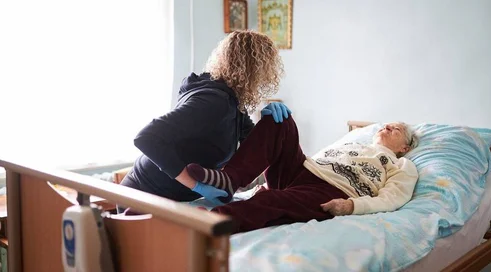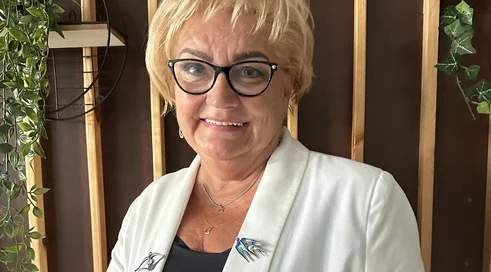Organization and preparation the basis for change
The beginnings of caring for a sick person are often difficult - our daily life changes, new responsibilities and challenges arise that are not easy to cope with. The new reality can be overwhelming for caregivers, and that's when it makes sense to focus on a few organizational steps to get our life with the sick person back in order. - The first step should be to determine who will be the patient's primary caregiver, and if several people will be involved in the caregiving, responsibilities should also be divided and a clear plan of action created. This will give us a sense of control over the situation and boost our confidence in our new role," says Magdalena Frąckowiak, a psychologist at Puck Hospice of St. Padre Pio.
Next, let's deal with matters of adapting the house to the patient's needs - in most cases, this will be first and foremost taking care of the patient's own space, as well as installing various types of bathroom facilit...
Content locked
To gain access to the complete English section of the Medexpress.pl, kindly reach out to us at [email protected].




















